Shows

This Morning with Aaron Keck (97.9 The Hill)On Air Today: ‘Crime and Punishment Across America’State legislatures introduce and pass new laws all the time, many of which affect the criminal codes: they create new crimes, decriminalize others, and increase and reduce sentences. But what are the trends? Are state legislatures adding more crimes and steeper sentences, or are they heading the other way?
A new report from the Prosecutors and Politics Project at the UNC School of Law seeks to answer those questions. The report is called “Crime and Punishment Across America,” examining state crime laws that were introduced and passed between 2015 and 2018.
Click here to read the report in f...
2025-10-1411 min
Due SouthHow the government shutdown is impacting NC; focus on crime laws in all 50 states; zydeco-soul musician Marcella Simien0:01:00How the government shutdown is impacting NCWith what could be a lengthy federal government shutdown underway, we chat with a DC-based North Carolina reporter, about some of the local impacts of the work and service stoppages.Danielle Battaglia, Capitol Hill correspondent, The News & Observer/The Charlotte Observer/McClatchy0:13:00New UNC School of Law report examines patchwork of crime legislation in all 50 states.Republican state lawmakers in North Carolina passed a wide-ranging crime bill that now sits on Governor Stein’s desk. It follows th...
2025-10-0250 min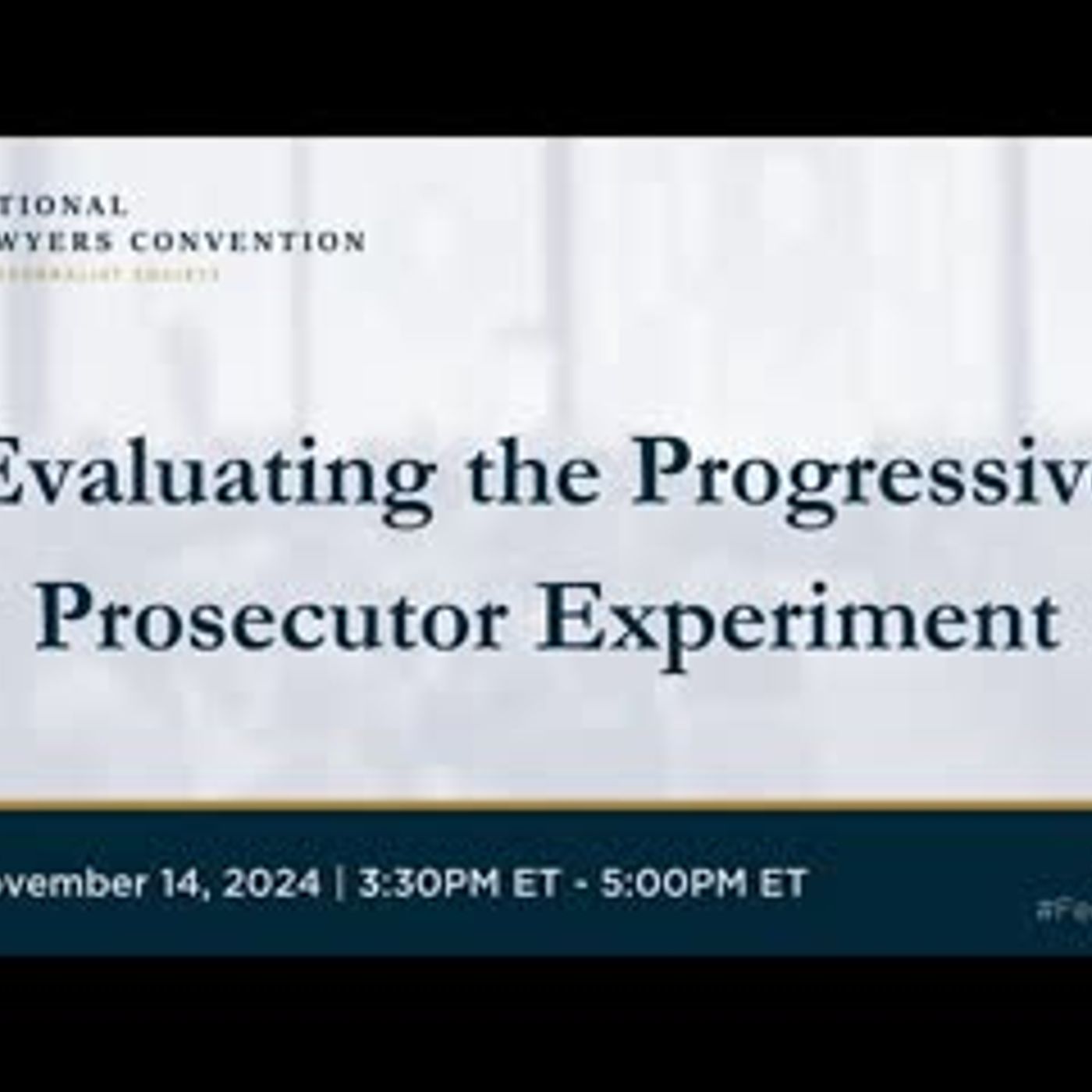
FedSoc EventsCriminal Law & Procedure: Evaluating the Progressive Prosecutor ExperimentIt has been almost ten years since the advent of the ‘progressive prosecutor,’ local elected district attorneys and attorneys general throughout the country who ran on and then implemented a revolutionary new model of public prosecution. If states are the “laboratories of democracy” then there plainly has been a series of bold experiments testing the efficacy of this new model of law enforcement. Was it a success, or a failure? Has public safety and order been promoted, or jeopardized? Or is it all simply too soon to tell? Please join us as we present a panel of distinguished current and former e...
2024-11-261h 26
RadiolabThe Alford PleaIn 1995, a tragic fire in Pittsburgh set off a decades-long investigation that sent Greg Brown Jr. to prison. But, after a series of remarkable twists, Brown found himself contemplating a path to freedom that involved a paradoxical plea deal—one that peels back the curtain on the criminal justice system and reveals it doesn’t work the way we think it does. Special thanks to John Lentini, Amanda Gillooly, Fred Buckner, Debbie Steinmeyer, Marissa Bluestine, Jason Hazlewood, Meredith Kennedy, Kristen Vermilya, Joshua Ceballos and Lauren Cooperman.We have some exciting news! In the “Zoozve” episode, Radiolab...
2024-06-2853 min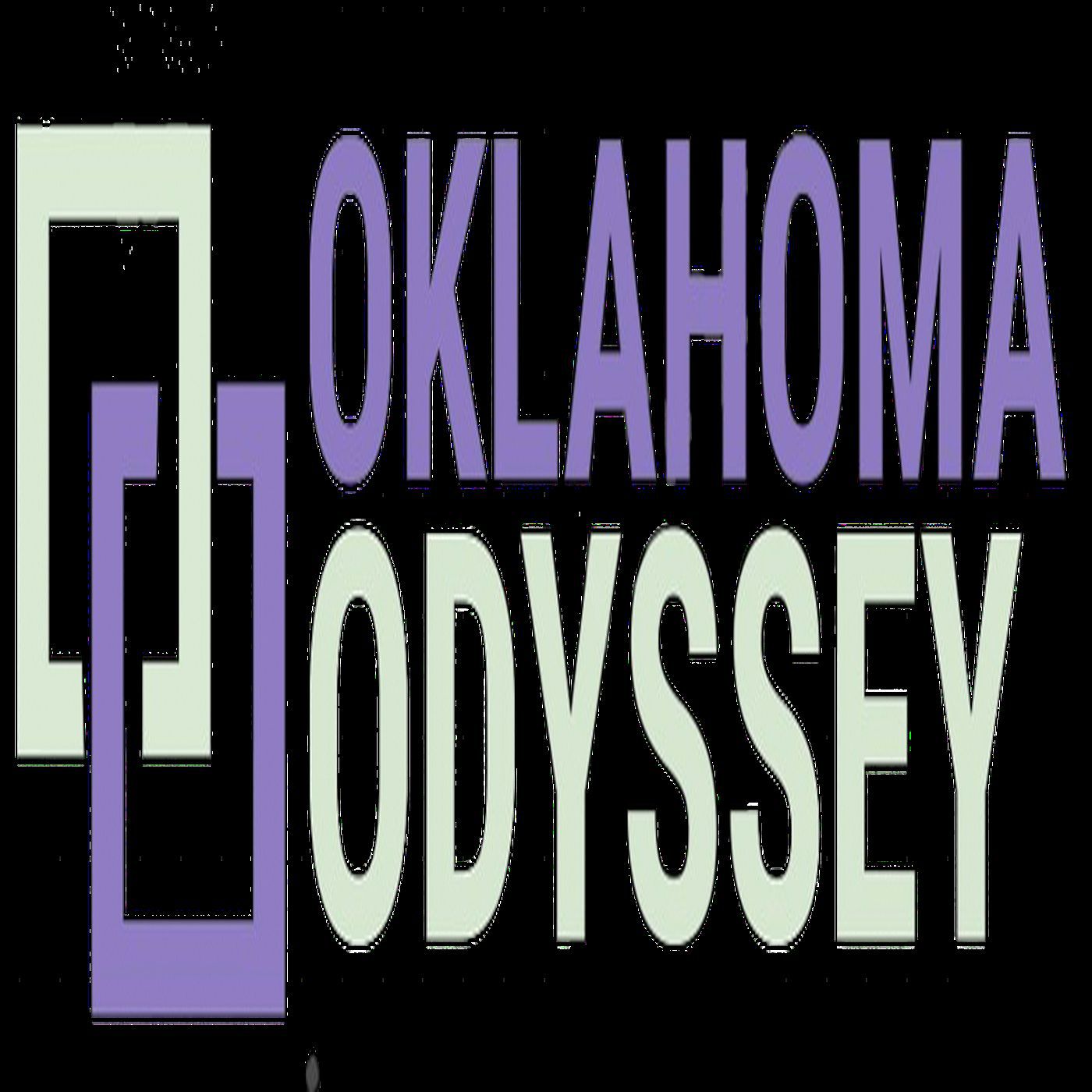
Oklahoma OdysseyOn the Same Page: Punishment Without Trial: Why Plea Bargaining Is a Bad DealIn this month's On the Same Page episode, hosts Ashley Bender and Michael Olson embark on a thought-provoking exploration of the acclaimed book "Punishment Without Trial: Why Plea Bargaining Is a Bad Deal" by Carissa Byrne Hessick. Join us as we dissect the intricate layers of the plea bargaining system and unravel its profound implications on our criminal justice system.
Drawing from Hessick's insightful analysis, we delve into the complexities of plea bargaining, shedding light on its prevalence, mechanics, and the far-reaching consequences for defendants, victims, and society at large. Through engaging discussions with legal experts, scholars...
2024-03-0953 min
Consider This from NPRCities Voted For Progressive Prosecutors. Republican State Leaders Are Pushing Back.The last few elections have brought a wave of self-styled progressive prosecutors into office. They've won elections by campaigning on issues like bail reform and alternatives to incarceration for non-violent offenders. Now, Republican-controlled state legislatures and governors are taking steps to curtail their power, or strip them of it altogether.We talk to Monique Worrell, who was elected state attorney for Florida's ninth judicial circuit, which includes the city of Orlando, in 2020. This month, Republican Governor and presidential candidate Ron DeSantis suspended her and installed a replacement. He said her office had refused "to faithfully enforce the laws...
2023-08-2012 min
Consider This from NPRCities Voted For Progressive Prosecutors. Republican State Leaders Are Pushing Back.The last few elections have brought a wave of self-styled progressive prosecutors into office. They've won elections by campaigning on issues like bail reform and alternatives to incarceration for non-violent offenders. Now, Republican-controlled state legislatures and governors are taking steps to curtail their power, or strip them of it altogether.We talk to Monique Worrell, who was elected state attorney for Florida's ninth judicial circuit, which includes the city of Orlando, in 2020. This month, Republican Governor and presidential candidate Ron DeSantis suspended her and installed a replacement. He said her office had refused "to faithfully enforce the laws...
2023-08-2012 min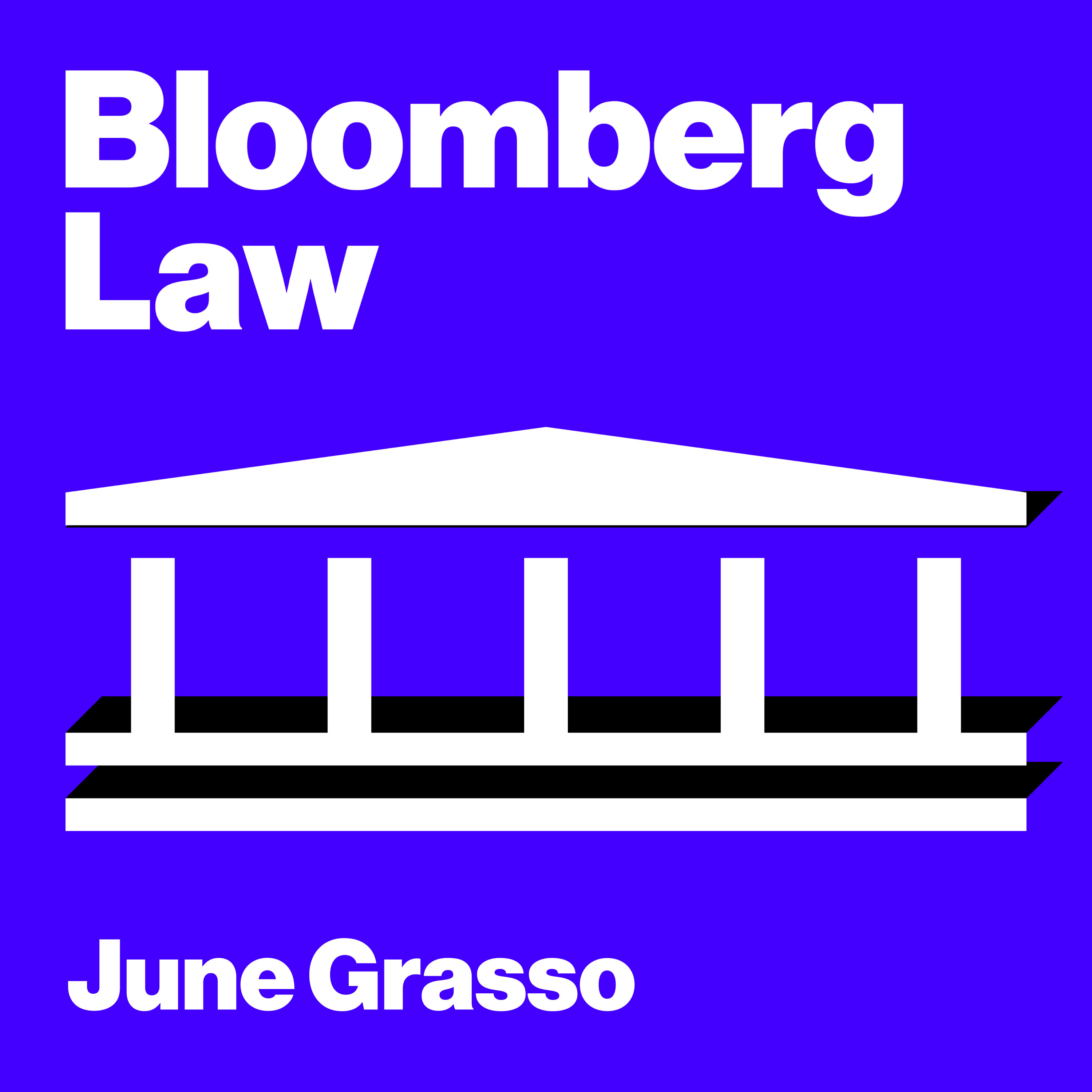
Bloomberg LawRepublican Lawmakers Try to Oust 'Woke' ProsecutorsCarissa Byrne Hessick, director of the Prosecutors and Politics Project at the University of North Carolina School of Law, discusses Republican lawmakers passing laws to oust or control Democratic local prosecutors in four states. June Grasso hosts.See omnystudio.com/listener for privacy information.
2023-05-1918 min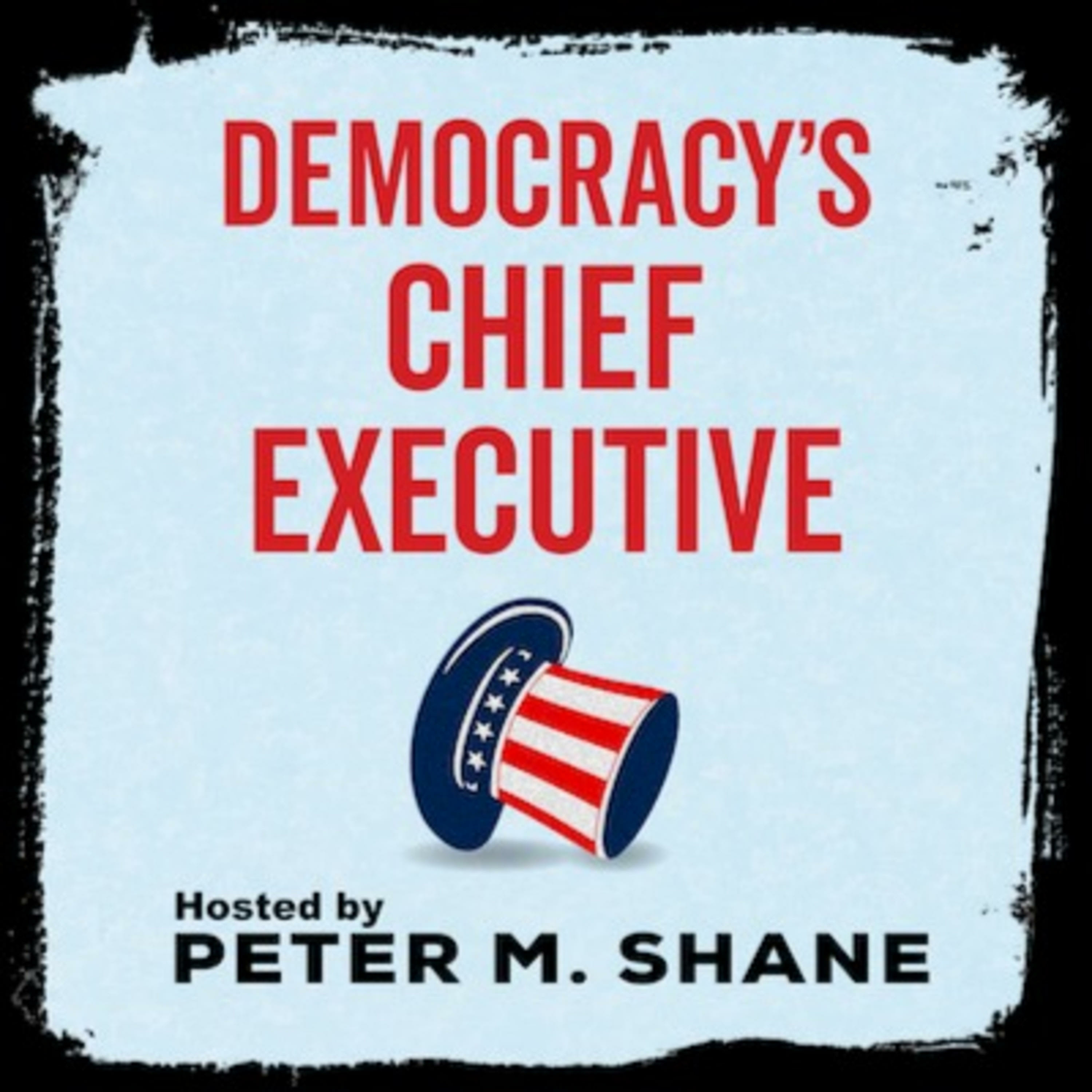
Democracy's Chief ExecutiveProsecuting Past PresidentsDoes the indictment of former president Donald J. Trump by a New York prosecutor reinforce or compromise the rule of law? What happens now in Trump’s case, and what are the implications for presidential accountability moving forward? Host Peter Shane and co-host Professor Carissa Byrne Hessick, director of the Prosecutors and Politics Project at the UNC School of Law in Chapel Hill, discuss the indictment’s specifics and its larger implications with Ambassador Norman Eisen (ret.), Senior Fellow in Governance Studies at Brookings, and Professor Ric Simmons of the Ohio State University Moritz College of Law (and a former ass...
2023-04-241h 02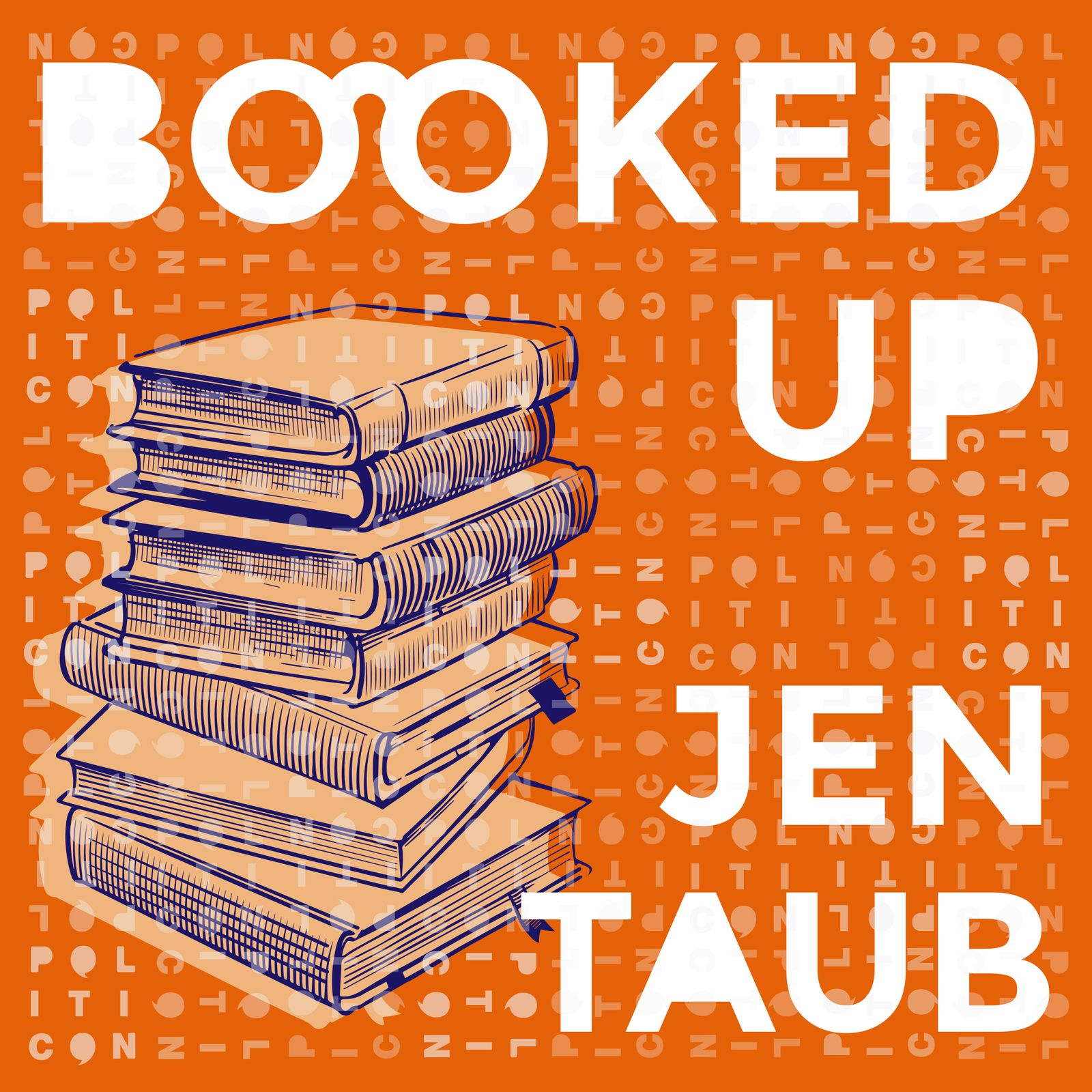
Booked Up with Jen TaubCarissa Byrne HessickJen speaks with Professor Carissa Byrne Hessick about her remarkable book, Punishment without Trial: Why Plea Bargaining is a Bad Deal. Her book goes beyond just showing why plea bargaining is a bad deal. She also shines a light on several other types of punishments without trial. These are pre-trial detention, civil forfeiture, and assorted fees from pre-trial, booking and diversion programs.
Punishment without Trial shares the stories of heroes trying to address the inequities in the system and what they are up against, namely others trying to keep things the same or make them less just. We l...
2023-04-161h 12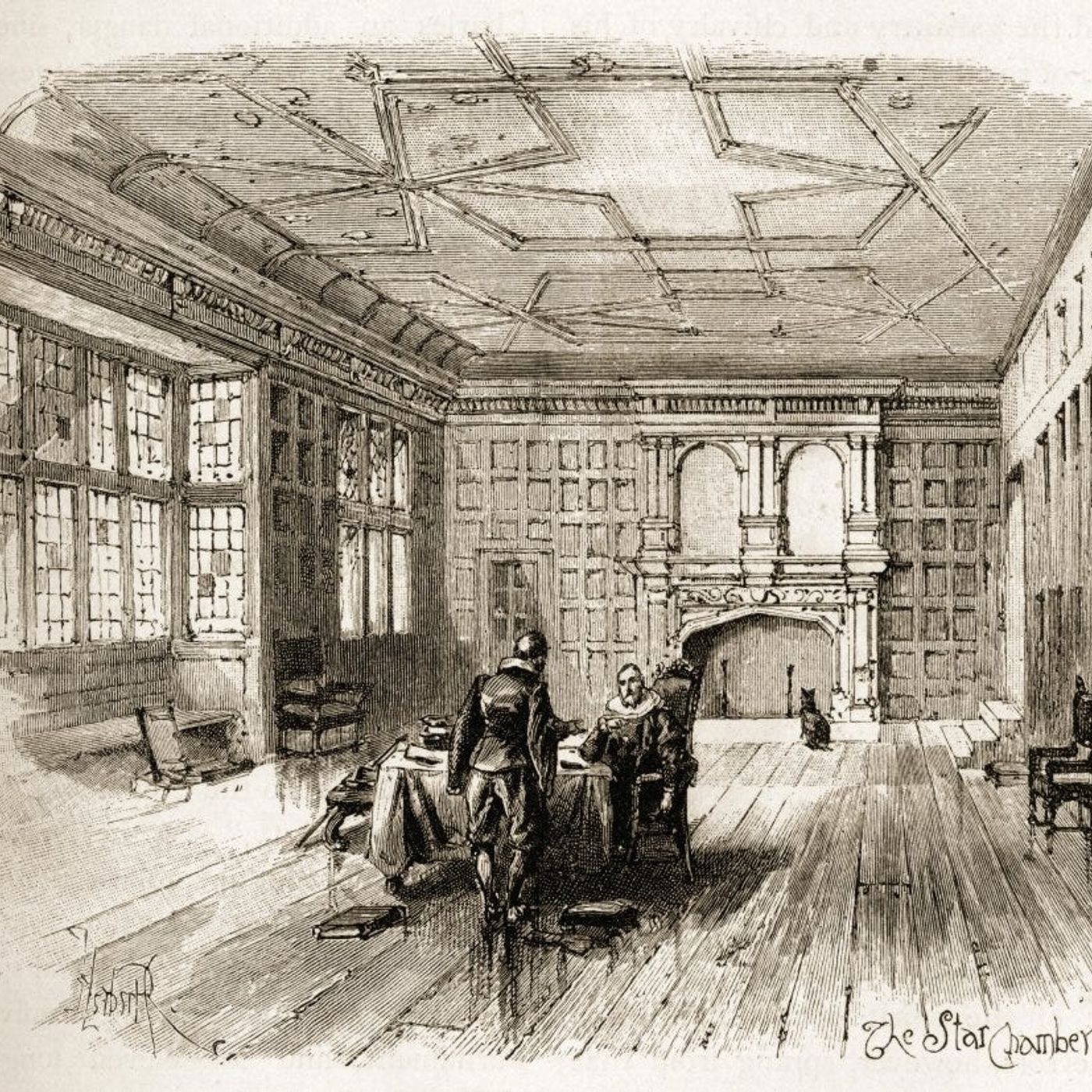
The Bob Zadek ShowDo you know your rights?“Innocent until proven guilty” has been the rule of the American justice system since its inception. It still is today. Unless, that is, you happen to be accused of wrongdoing on a college campus. In that case, you might as well be dragged before the modern-day equivalent of the Star Chamber, where campus administrators hardly even pay lip service to your due process rights.As we explored last week with Carissa Hessick, it is a far graver injustice to deprive an innocent person of the liberty than to let a guilty person go free. That is why the foun...
2022-12-0452 min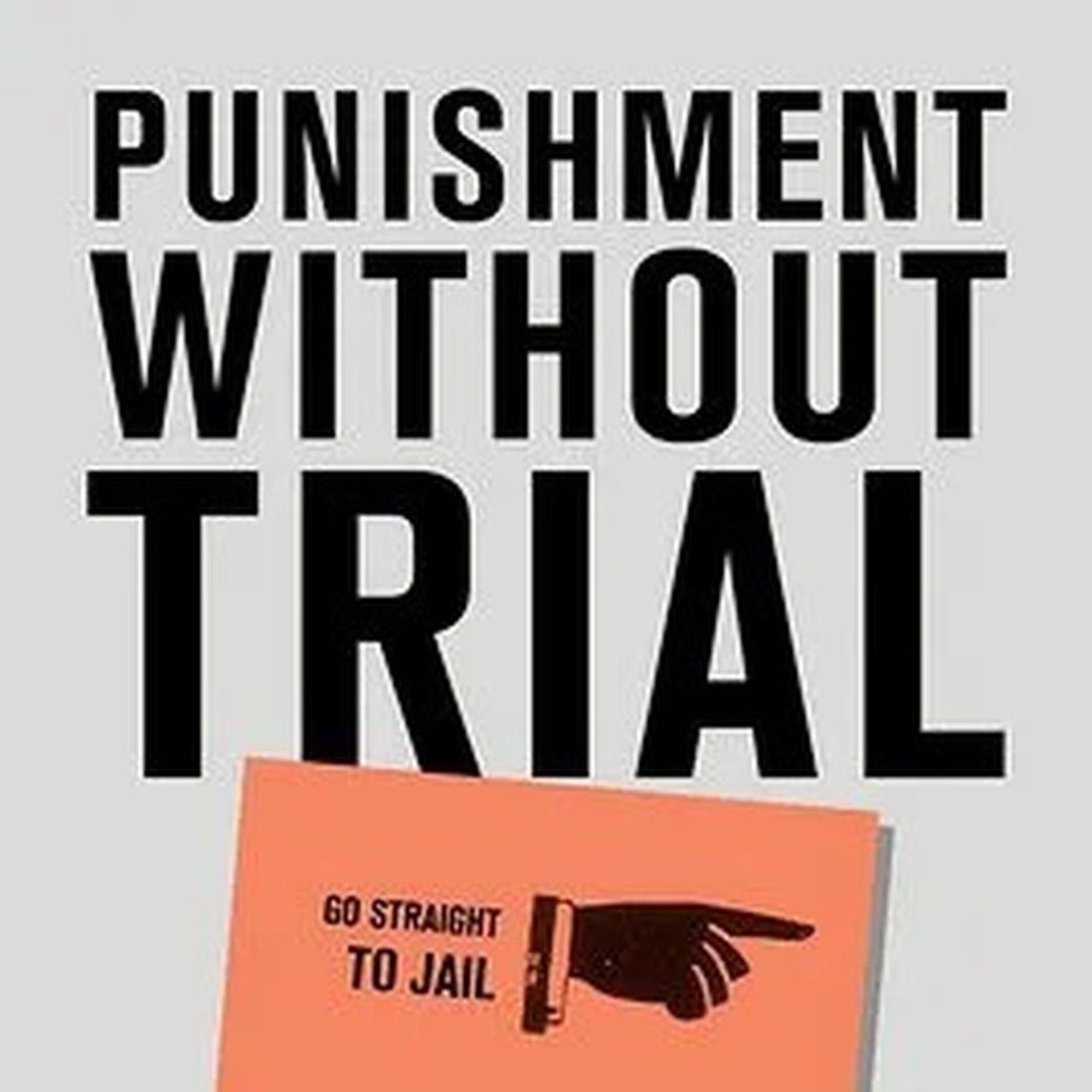
The Bob Zadek ShowPunishment without trial? It's the new normal“How do you plea?”It’s the first question the judge asks you in a criminal trial. But before the accused even has a chance to answer “guilty” or “not guilty,” there is another, prior legal proceeding that rarely gets talked about – even though it pre-empts the need for a trial in 97% of convictions. Jury trials were one of the founders’ critical safeguards against the tyranny of overzealous government prosecutors. Thomas Jefferson viewed the institution as the most vital form of democracy – above the ability to vote for legislators. And yet the American legal system has largely abandoned this bedrock princip...
2022-11-2752 min
Public Defenseless43: The Problem with Plea Deals with Professor Carissa Byrne HessickIf you believed the many legal dramas in TV reflected actual court proceedings, you would be under the impression that our legal system is driven by the battle of wits between two lawyers at trial. If, however, you examine how our legal system operates, you would see that long ago our system became one where trials are rare. Instead, it is the plea bargain sitting at the bedrock of our legal system, but how did this happen? How did our country go from outright rejecting plea bargains so that a jury trial may happen to a country that actively...
2022-09-021h 27
LibertaliaPunishment Without Trial: Why Plea Bargaining is a Bad DealCarissa Hessick, Professor at the University of North Carolina School of Law, joins me to discuss her new book "Punishment Without Trial." There are a few things I heard that surprised me. Enjoy!
2022-03-2942 min
The Open Mind, Hosted by Alexander HeffnerSubjective Judges and Justice"Punishment Without Trial" author Carissa Byrne Hessick discusses a culture of plea bargaining in the U.S. legal system.
2022-03-0927 min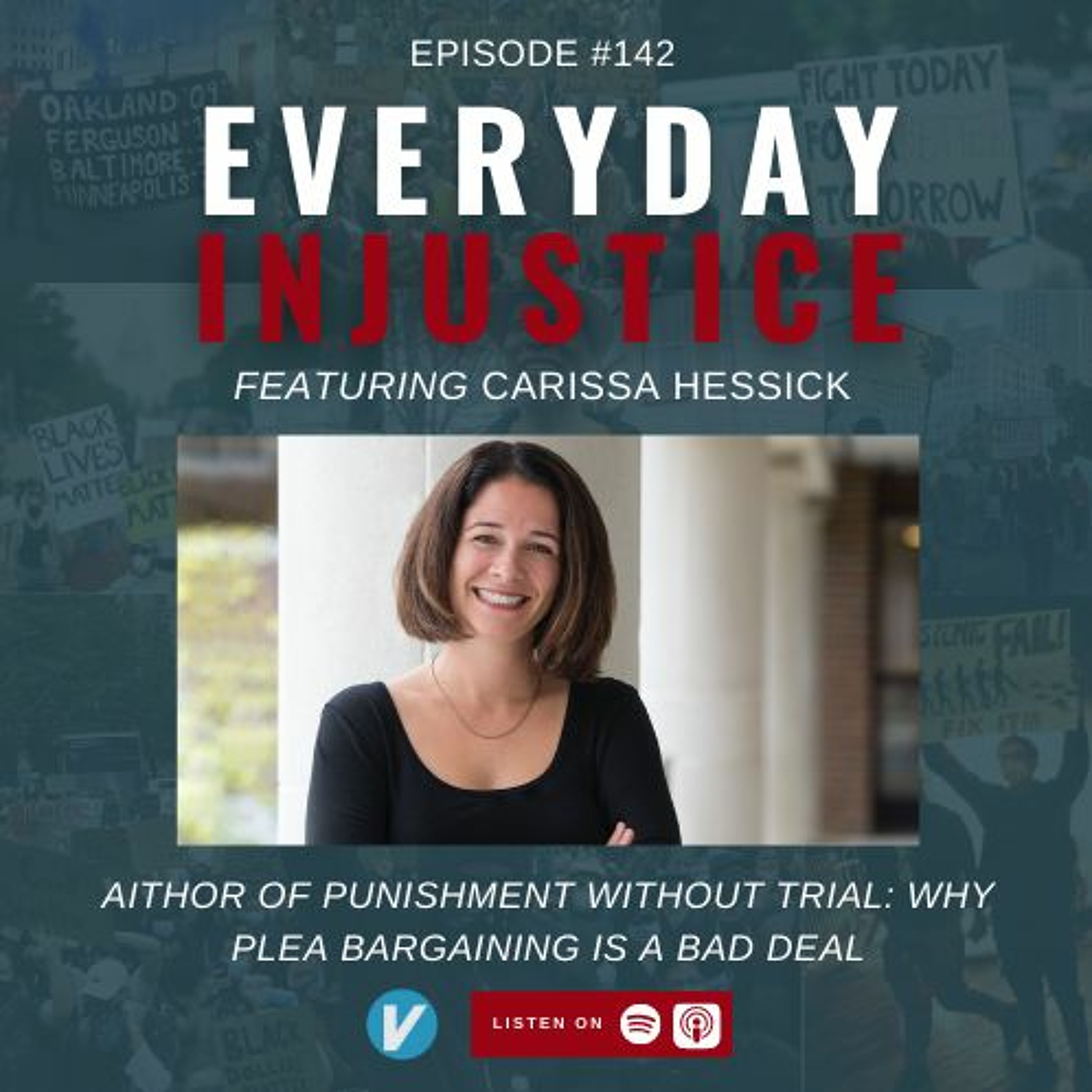
Everyday InjusticeEveryday Injustice Podcast Episode 142: Carissa Hessick Discusses Vanishing Jury TrialsThe right to a trial by jury is enshrined into the constitution, yet increasingly over the last few decades, trials have become a vanishing feature of the criminal justice system.
University of North Carolina law professor Carissa Hessick recently wrote the book, Punishment Without Trial: Why Plea Bargaining Is a Bad Deal.
While there are positive aspects of the plea bargain – efficiency in the system and reduced punishment, overall 97 to 98 percent of all cases end not with a jury verdict but with an agreement between prosecutor and defense – an agreement that is often negotiated under unfavorable and unequal terms.
As Hess...
2022-02-1444 min
Decarceration Nation (with Josh and Joel)120 Carissa Byrne Hessick - Plea BargainsJoshua B. Hoe interviews Carissa Byrne Hessick about her book “Punishment Without Trial: Why Plea Bargaining is a Bad Deal”You can find complete show notes on our webpage https://decarcerationnation.com/
2022-01-311h 13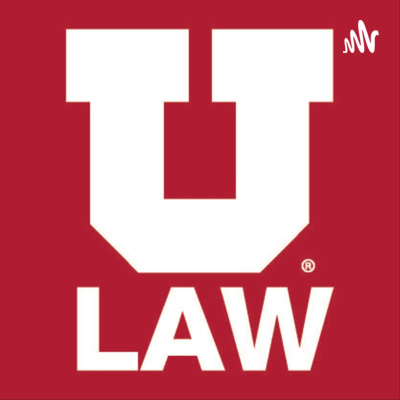
S.J. Quinney College of Law Events and WebinarsPlea Bargaining and Punishment Without TrialThis panel discussion will revolve around Professor Hessick’s book, Punishment without Trial: Why Plea Bargaining is a Bad Deal.PANELISTS:Carissa Hessick, Anne Shea Ransdell and William Garland “Buck” Ransdell, Jr. Distinguished Professor of Law, University of North CarolinaShima Baradaran Baughman, Associate Dean of Research and Faculty Development, University of Utah S.J. Quinney College of LawSamantha Dugan – Attorney, Legal Defenders AssociationHillary King – Attorney, Legal Defenders AssociationGrant Miller – Attorney, Legal Defenders AssociationLiza M. Smith – Attorney, Legal Defenders AssociationThis epis...
2022-01-2057 min
Free ThoughtsPunishment Without Trial (with Carissa Byrne Hessick)Carissa Byrne Hessick joins the podcast to discuss the fact that 97% of convictions in the United States every year are the result of people pleading guilty, often via a plea bargain, rather than having a trial before a jury of their peers. How did we get to a situation where the vast majority of criminal convictions come prior to any trial taking place? Hosted on Acast. See acast.com/privacy for more information.
2022-01-1455 min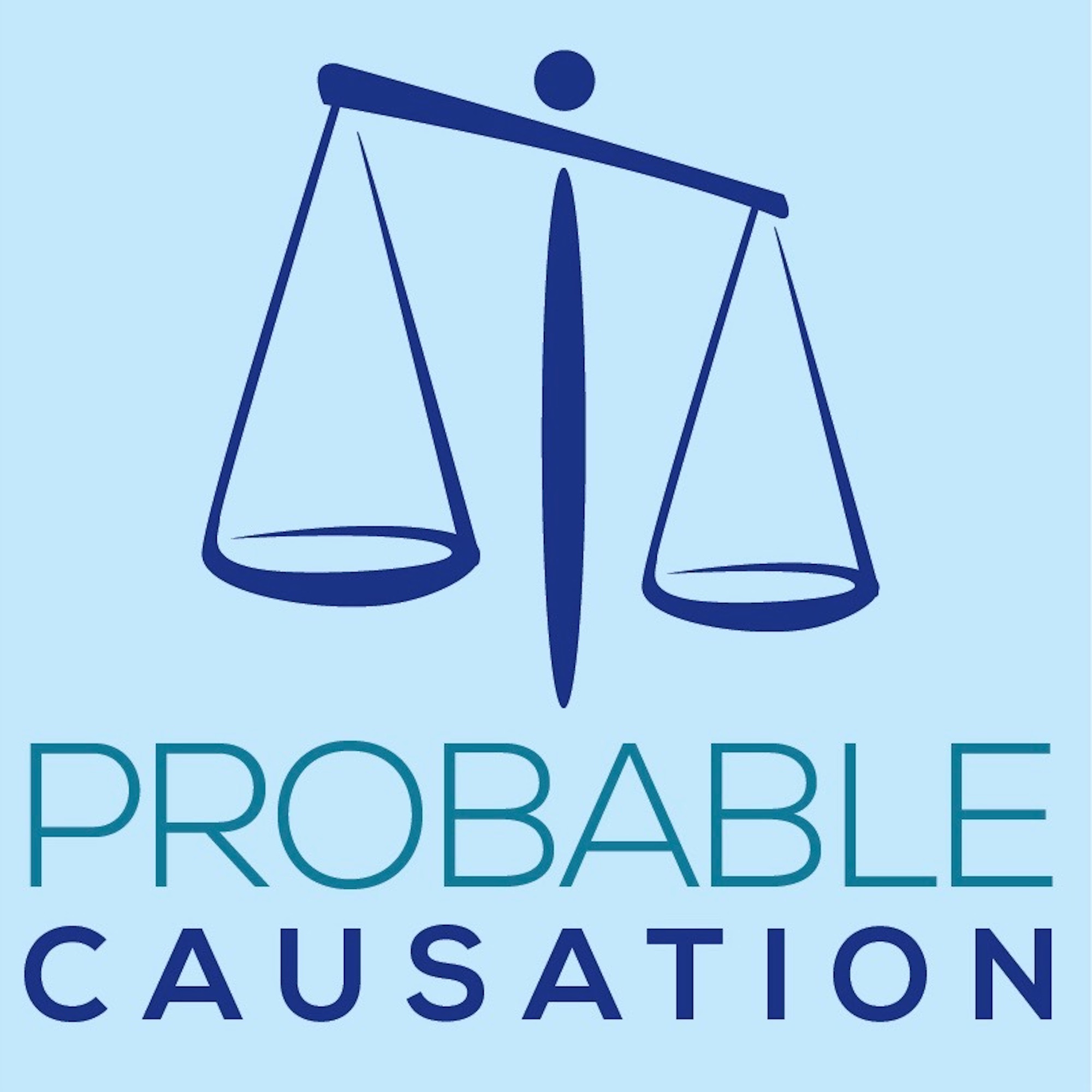
Probable CausationBonus episode: Carissa Byrne Hessick on plea bargainingDavid Eil talks with Carissa Byrne Hessick about her book, "Punishment Without Trial: Why Plea Bargaining Is a Bad Deal."
***
Probable Causation is part of Doleac Initiatives, a 501(c)(3) corporation. If you enjoy the show, please consider making a tax-deductible contribution. Thank you for supporting our work!
2021-10-1945 min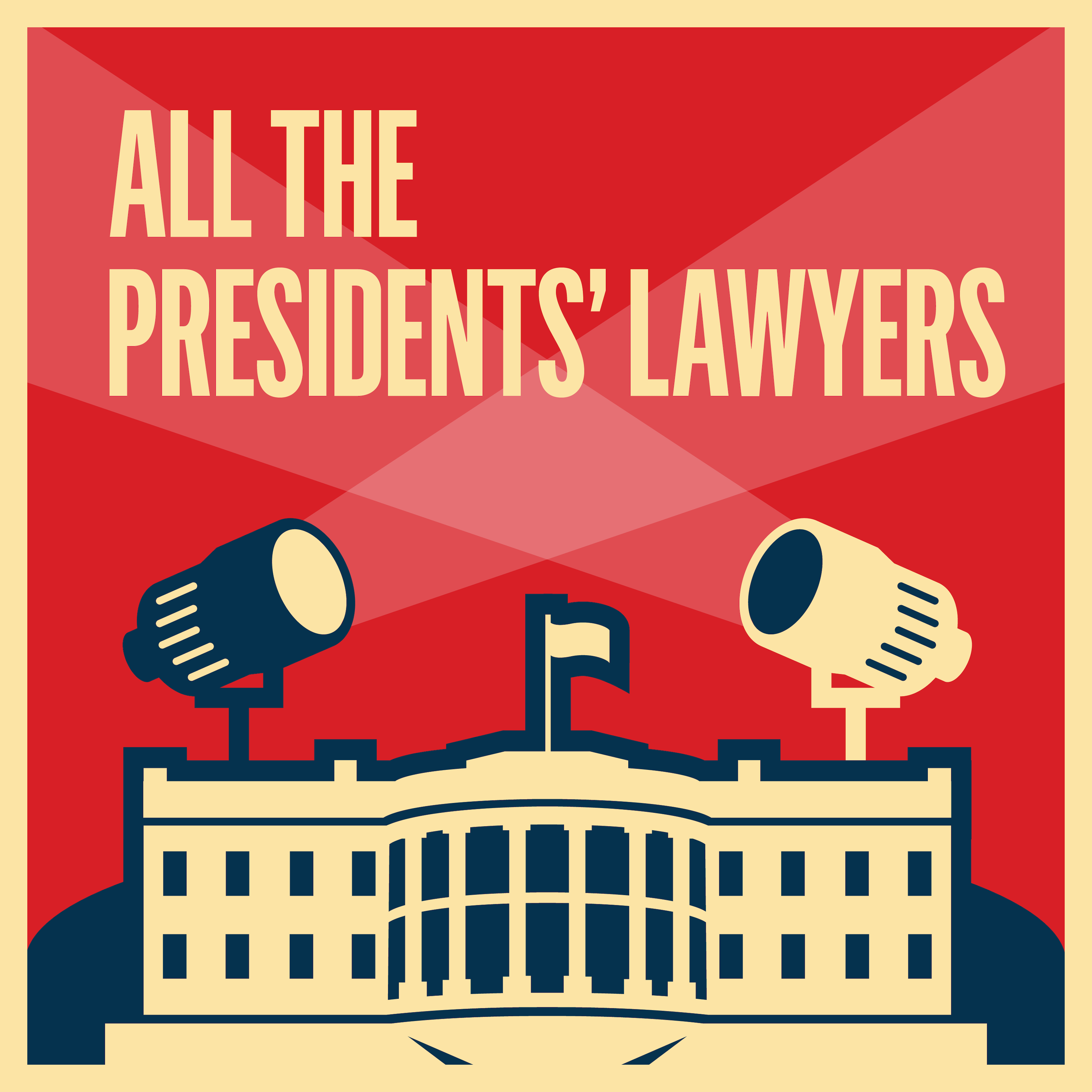
All the Presidents' LawyersIs a plea bargain a good deal?This is a special episode of All the Presidents’ Lawyers with Carissa Byrne Hessick, professor of law at the University of North Carolina. As we’ve discussed previously on the show, some federal judges have been wondering (sometimes aloud, in their courtrooms) whether the Capitol Riot defendants are getting off too easy. More than six hundred people have been charged so far — a few with felonies and most with misdemeanor charges. Of those charged, about one hundred people have accepted a plea bargain. There are a lot of reasons why plea bargains are part of the American justice system, but is...
2021-10-1328 min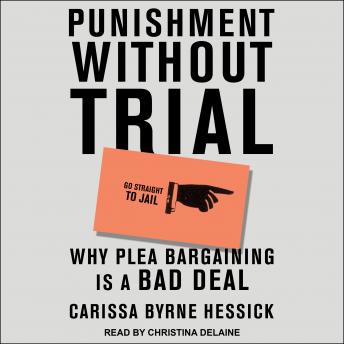
Feel The Full Audiobook Everyone Is Talking About — So Game-Changing!Punishment Without Trial: Why Plea Bargaining is a Bad Deal by Carissa Byrne HessickPlease visithttps://thebookvoice.com/podcasts/1/audiobook/544147to listen full audiobooks.
Title: Punishment Without Trial: Why Plea Bargaining is a Bad Deal
Author: Carissa Byrne Hessick
Narrator: Christina Delaine
Format: Unabridged Audiobook
Length: 9 hours 51 minutes
Release date: October 12, 2021
Genres: Current Affairs, Law, & Politics
Publisher's Summary:
When Americans think of the criminal justice system, the image that comes to mind is a trial—a standard courtroom scene with a defendant, attorneys, a judge, and most important, a jury. It's a fair assumption. But in Punishment Without Trial: Why Plea Bargaining Is a Bad Deal, University of North Carolina law professor Carissa Byr...
2021-10-129h 51
Unlock Top Full Audiobooks in Non-Fiction, Current Affairs, Law, & PoliticsPunishment Without Trial: Why Plea Bargaining is a Bad Deal by Carissa Byrne HessickPlease visithttps://thebookvoice.com/podcasts/1/audiobook/544147to listen full audiobooks.
Title: Punishment Without Trial: Why Plea Bargaining is a Bad Deal
Author: Carissa Byrne Hessick
Narrator: Christina Delaine
Format: Unabridged Audiobook
Length: 9 hours 51 minutes
Release date: October 12, 2021
Genres: Current Affairs, Law, & Politics
Publisher's Summary:
When Americans think of the criminal justice system, the image that comes to mind is a trial—a standard courtroom scene with a defendant, attorneys, a judge, and most important, a jury. It's a fair assumption. But in Punishment Without Trial: Why Plea Bargaining Is a Bad Deal, University of North Carolina law professor Carissa Byr...
2021-10-129h 51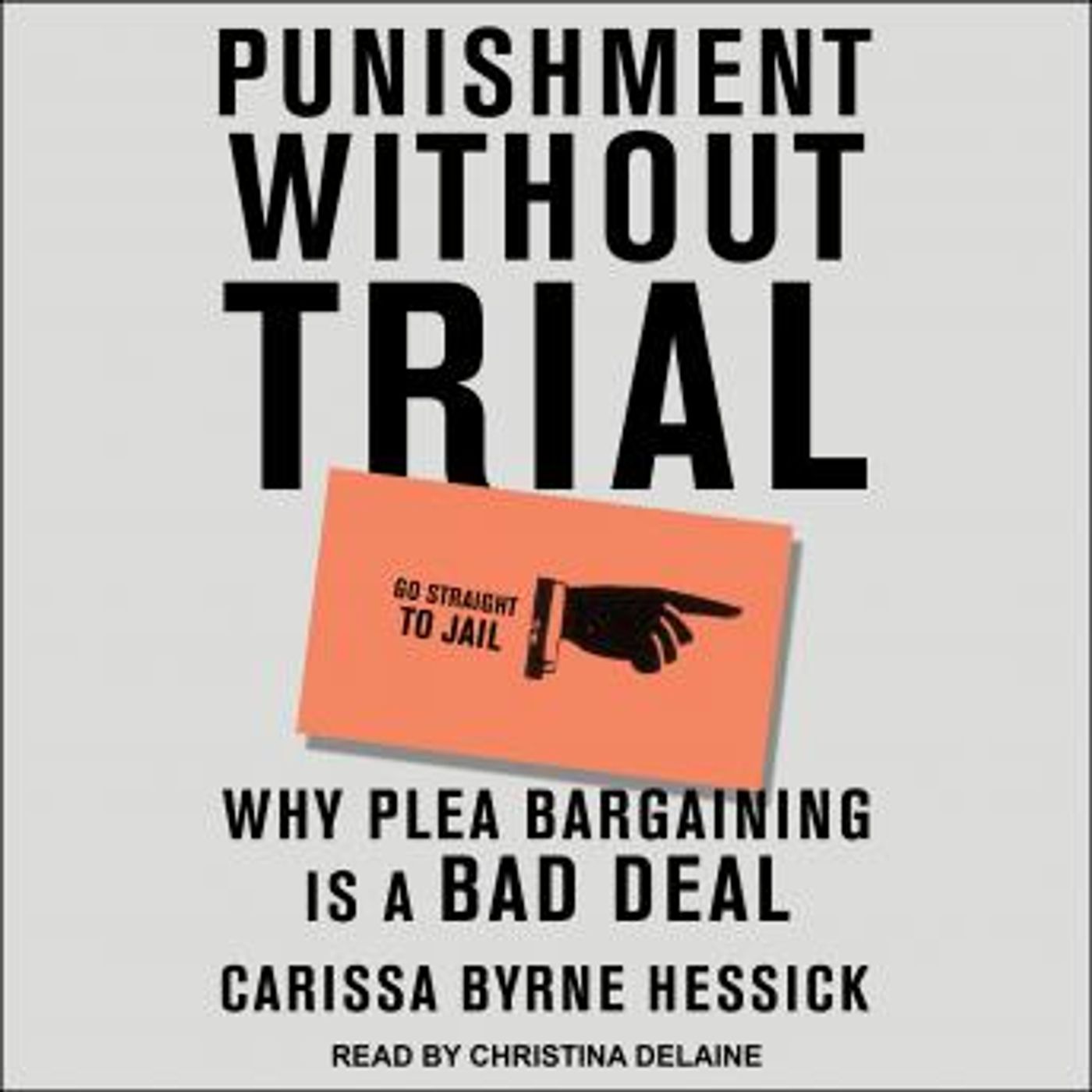
Top Full Audiobooks in Non-Fiction, Current Affairs, Law, & PoliticsPunishment Without Trial: Why Plea Bargaining is a Bad Deal by Carissa Byrne HessickPlease visit https://thebookvoice.com/podcasts/1/audiobook/544147 to listen full audiobooks. Title: Punishment Without Trial: Why Plea Bargaining is a Bad Deal Author: Carissa Byrne Hessick Narrator: Christina Delaine Format: Unabridged Audiobook Length: 9 hours 51 minutes Release date: October 12, 2021 Genres: Current Affairs, Law, & Politics Publisher's Summary: When Americans think of the criminal justice system, the image that comes to mind is a trial—a standard courtroom scene with a defendant, attorneys, a judge, and most important, a jury. It's a fair assumption. But in Punishment Without Trial: Why Plea Bargaining Is a Bad Deal, University of North Carolina law professor Car...
2021-10-1230 min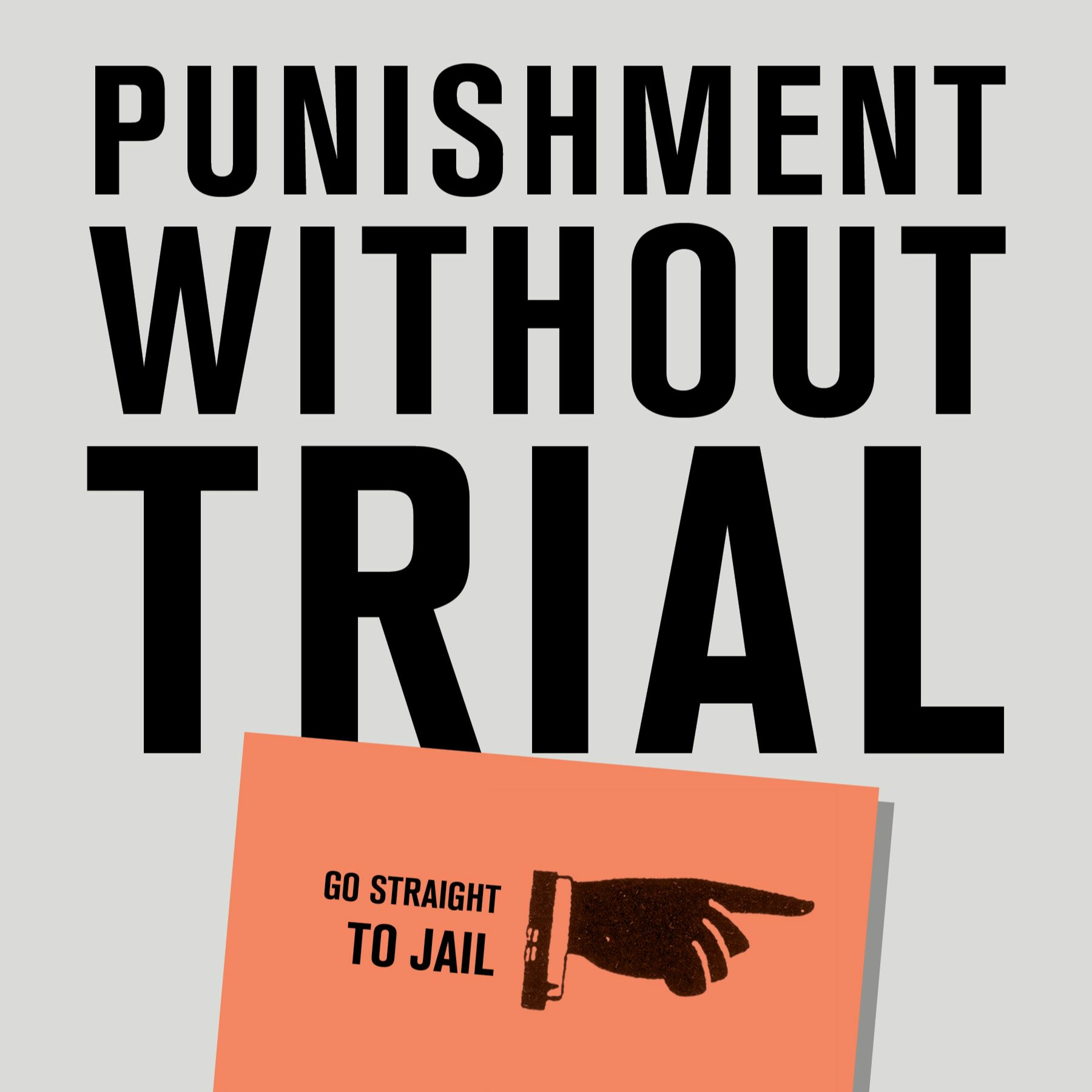
Talk World RadioTalk World Radio: Punishment Without TrialThis week on Talk World Radio: a new book called Punishment Without Trial: Why Pleabargaining Is a Bad Deal. The author, Carissa Byrne Hessick, is the Ransdell Distinguished Professor of Law at the University of North Carolina School of Law, where she also serves as the director of the Prosecutors and Politics Project. Before joining the faculty at UNC, she taught at the law schools of Arizona State, Harvard, and the University of Utah. Her work on the criminal justice system has been published by the Los Angeles Times, the Philadelphia Inquirer, Slate, and numerous academic journals. She also has...
2021-10-0529 min
Live at the National Constitution CenterWhy Do the Innocent Plead Guilty?Judge Jed Rakoff unveils his new book 'Why the Innocent Plead Guilty and the Guilty Go Free: And Other Paradoxes of Our Broken Legal System' with former Judge Paul Cassell of the University of Utah College of Law, Carissa Byrne Hessick of the University of North Carolina Law School, and moderator Jeffrey Rosen. They discuss the current challenges in American criminal justice today and share innovative proposals for reform.Additional resources and transcript available atQuestions or comments about the podcast? Email us at podcast@constitutioncenter.org.
2021-03-1655 min
The Open Mind, Hosted by Alexander HeffnerThe Insurrectionist Looting of AmericaUNC professor of law Carissa Byrne Hessick explains how and why the authoritarian incitement of domestic terrorism to overturn the election is different from violent episodes during the BLM protests.
2021-01-0729 min
Supreme MythsCarissa Byrne Hessick
Professor Carissa Byrne Hessick joins Supreme Myths to talk about the gross inequities in our plea bargaining criminal justice system, how politics and prosecutions often go together, and other aspects of how justice and the search for truth play less of a role in our criminal law than most people think. In the end, we also discussed law reviews, legal scholarship, and whether blog posts should “count”.
2020-09-101h 02
DIY DemocracyEpisode 35: Prosecutors & ElectionsThe second in a series on electing prosecutors - an interview with Carissa Hessick about elections for prosecuting attorneys and what to know and what to ask candidates for that office. North Carolina's Prosecutors and Politics Project can be found here: https://law.unc.edu/academics/centers-and-programs/prosecutors-and-politics-project/ For more of her bio: https://law.unc.edu/people/carissa-byrne-hessick/ Music by Evan Schaeffer
2020-07-0758 min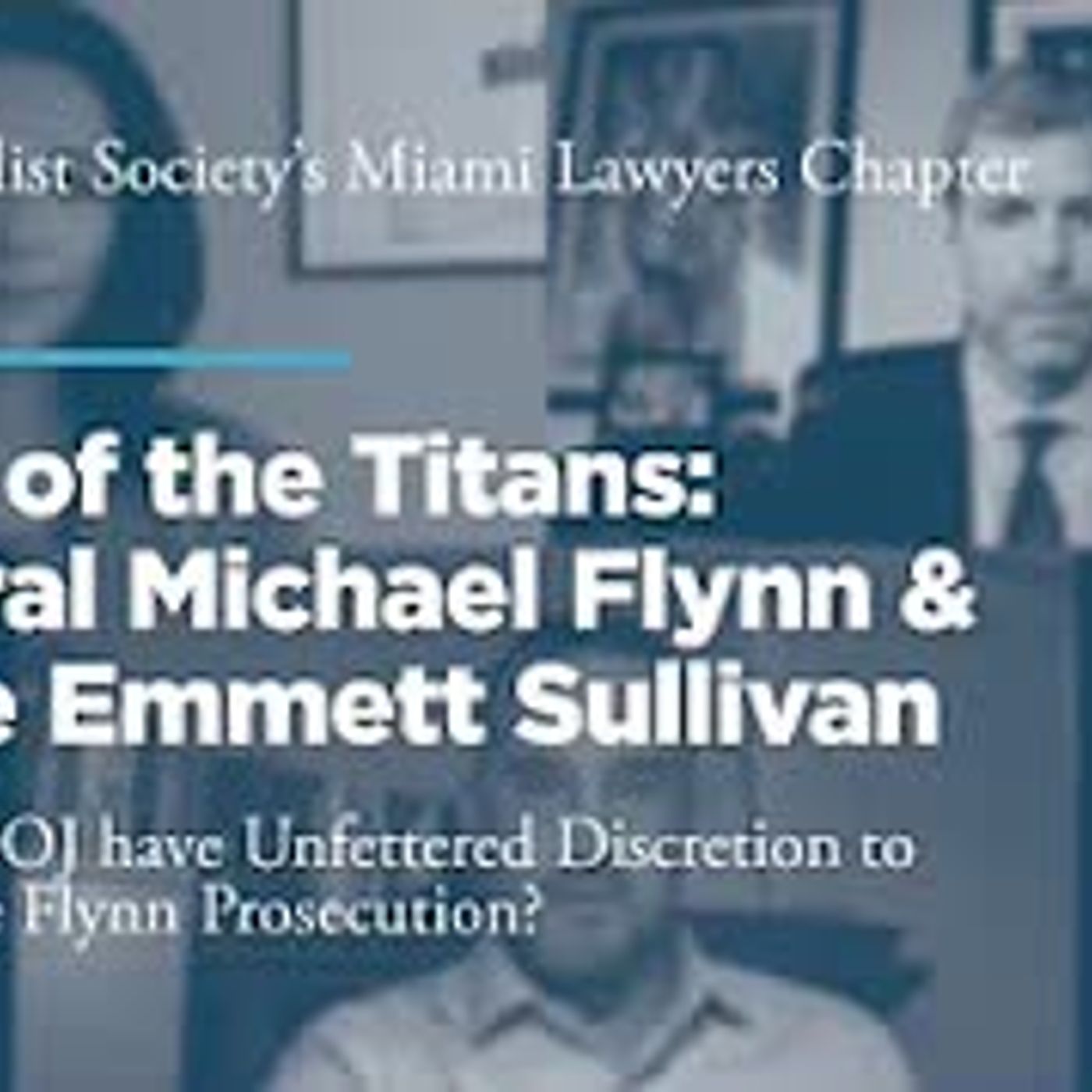
FedSoc EventsClash of the Titans: General Michael Flynn & Judge Emmett SullivanOn June 4, 2020, the Miami Lawyers Chapter of the Federalist Society hosted an online event discussing "Clash of the Titans: General Michael Flynn & Judge Emmett Sullivan - Does the DOJ have Unfettered Discretion to Dismiss the Flynn Prosecution?"Featuring:David Oscar Markus, Criminal Trial & Appellate Lawyer, Markus/MossProf. Carissa Byrne Hessick, Ransdell Professor of Law and Director of the Prosecutors and Politics Project, University of North Carolina - Chapel HillModerator: Clark Neily, Vice President for Criminal Justice, Cato Institute* * * * * As always, the Federalist Society takes no position on particular legal or...
2020-06-301h 04
The KrisAnne Hall ShowLaw Professor Teaches Founders Wanted Judges to Rule AmericaCarissa Byrne Hessick, Distinguished Professor of Law at the University of North Carolina and Yale Graduate says Justice Gorsuch has the founders all wrong- Our founders didn't create a limited judiciary but that Madison, Jefferson, Hamilton and our founders actually designed a federal judiciary to Rule over Americans just like the British judges and kings did. Do we still wonder why our Judiciary has become an Oligarchy of black robed rulers? This is what our School are teaching! Learn Truth so we can work together to shut these idiot professors up!
---
Support this podcast: https://podcasters.spotify.com...
2019-10-1638 min
Ipse DixitCynthia Godsoe on Teen Sex StatutesIn this episode, Cynthia Godsoe, Associate Professor of Law at Brooklyn Law School, discusses her 2017 article "Recasting Vagueness: The Case of Teen Sex Statutes," which was published in the Washington and Lee Law Review. Prof. Godsoe begins by orienting the listener to the concept of “vaguenets,” broadly written laws punishing common and largely harmless conduct. She then discusses the history and structure of juvenile courts in the United States and how they establish a system parallel to the adult criminal justice system that is, arguably, even more punitive. Professor Godsoe then discusses how employment of the vagueness doctrine can not...
2019-06-1138 min
Ipse DixitBenjamin Levin on Mens Rea ReformIn this episode, Benjamin Levin, Associate Professor of Law at the University of Colorado Law School, discusses his article "Mens Rea Reform and Its Discontents," which will be published in the Journal of Criminal Law and Criminology. Levin begins by explaining the concept of mens rea in the criminal law, and the landscape of modern mens rea reform more generally, including proposals that call for default mental state requirements, and proposals that require prosecutors establish that defendants knew or had reason to know they were breaking the law. While political fights over mens rea reform have often broken down...
2019-04-3000 min
Oral ArgumentEpisode 193: A Giant ThunderstormFast on the heels of her last appearance, Carissa Hessick joins us to talk about corpus linguistics, which means... well, we debate this, but, generally, the use of computer-based methods to draw inferences from large databases of texts. What is this enterprise? How can and should it be used to answer legal questions? What does it mean to mean something? These questions, thunder, sense, nonsense, and a continued delving into Joe's pscyhe all feature in this episode.
Carissa Hessick’s faculty profile and writing
Carissa Byrne Hessick, Corpus Linguistics and the Criminal Law
Lawrence Solum, Legal Theory Lexicon: Co...
2019-03-171h 19
Oral ArgumentEpisode 188: Common Law CrimesIf you were charged with a crime, would you rather it be one written down by a legislature and codified in the tomes of a state's laws or one marked out by the decisions of judges over time? You're hardly alone if you chose the first option, and it is in fact the conventional wisdom that we have rightfully abandoned and prohibited "common law crimes." Not so fast, says our guest, Carissa Hessick. Our system of criminal law is still host to a good deal of common law, in the interstices of statutory text, through explicit incorporation, and sometimes...
2019-01-2057 min
Ipse DixitCarissa Byrne Hessick on the Myth of Common Law CrimesIn this episode, Carissa Byrne Hessick, Ransdell Distinguished Professor of Law and Director of the Prosecutors and Politics Project at the University of North Carolina School of Law, discusses her article "The Myth of Common Law Crimes," which will appear in the Virginia Law Review. Hessick argues that there are two myths about "common law crimes" - first, that they no longer exist, and second, that they are inferior to codification. She points out that our criminal justice system is rife with literal and de facto common law crimes. Not only do many states still recognize common law crimes...
2019-01-1034 min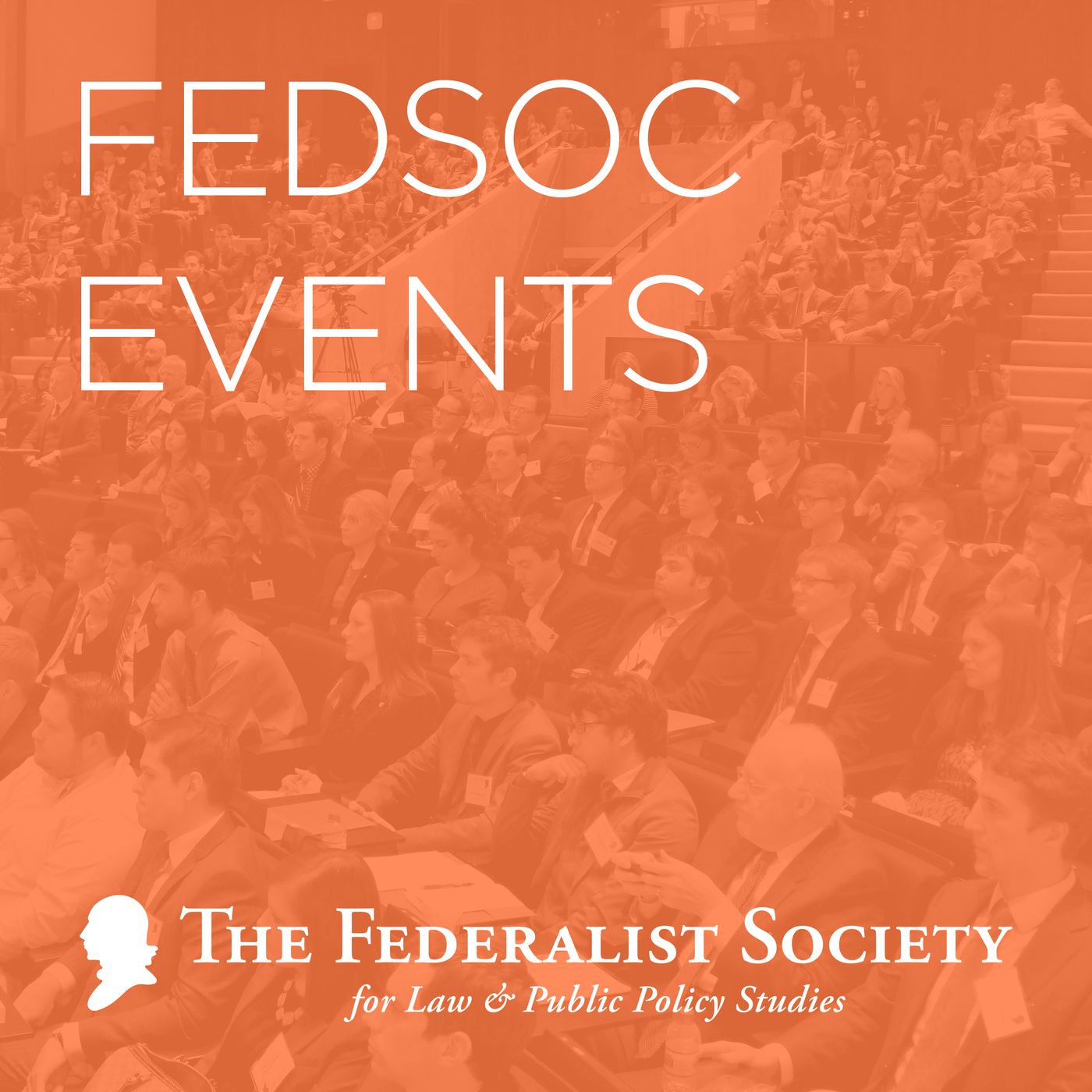
FedSoc EventsThe Pros and Cons of Plea BargainingThe Black’s Law Dictionary defines Plea Bargaining as: “[t]he process whereby the accused and the prosecutor in a criminal case work out a mutually satisfactory disposition of the case subject to court approval. It usually involves the defendant’s pleading guilty to a lesser offense or to only one or some of the counts of a multi-count indictment in return for a lighter sentence than that possible for the graver charge.” Plea Bargaining as a concept dates farther back than the American justice system itself. However, over the past few decades it has occurred with more and more frequenc...
2018-11-151h 27
Oral ArgumentEpisode 157: BlockedHoliday nonsense show part 2: on the upcoming Supreme Court arguments Dalmazzi v. United States, millennials and the punishing U.S. economic system, the presidency and the popular vote, and expertise and Twitter.
This show’s links:
SCOTUSblog page for Dalmazzi v. United States
In That Case podcast
Michael Hobbes, FML: Why Millennials Are Facing the Scariest Financial Future of Any Generation Since the Great Depression
Carissa Byrne Hessick, Towards a Series of Academic Norms for #Lawprof Twitter
Oral Argument 89: Adequacy (guest Josh Weishart)
Oral Argument 42: Shotgun Aphasia (guest Orin Kerr)
How to Block Accounts on Twitter
2018-01-081h 26
SCOTUScastBeckles v. United States - Post-Decision SCOTUScastOn March 6, 2017, the Supreme Court decided Beckles v. United States. Travis Beckles, who had various felony convictions, was subsequently found guilty of being a convicted felon in possession of a firearm. As a result he was subject to an enhanced sentence under the U.S. Sentencing Guidelines, which deemed him a “career offender” whose firearm possession offense constituted a “crime of violence.” Applying the enhancement, the district court sentenced Beckles to 360 months’ imprisonment. His conviction and sentence were affirmed on direct appeal, and the Supreme Court denied certiorari. Beckles then sought habeas relief from his enhanced sentence, arguing that his conviction...
2017-05-0816 min
Federalist Society SCOTUScastBeckles v. United States - Post-Decision SCOTUScastOn March 6, 2017, the Supreme Court decided Beckles v. United States. Travis Beckles, who had various felony convictions, was subsequently found guilty of being a convicted felon in possession of a firearm. As a result he was subject to an enhanced sentence under the U.S. Sentencing Guidelines, which deemed him a “career offender” whose firearm possession offense constituted a “crime of violence.” Applying the enhancement, the district court sentenced Beckles to 360 months’ imprisonment. His conviction and sentence were affirmed on direct appeal, and the Supreme Court denied certiorari. Beckles then sought habeas relief from his enhanced sentence, arguing that his conviction...
2017-05-0816 min
SCOTUScastBeckles v. United States - Post-Argument SCOTUScastOn November 28, 2016, the Supreme Court heard oral argument in Beckles v. United States. Travis Beckles, who had previous felony convictions (mostly for drug possession and sales), was an armed career criminal under the Armed Career Criminal Act (ACCA) and was therefore convicted in district court and subject to sentencing enhancement under the Sentencing Guidelines after being found in possession of a firearm. Pursuant to the Sentencing Guidelines, Beckles was eligible for a sentence range from 360 months to life imprisonment, and the court sentenced him to 360 months in prison, five months of supervised release, and a $5,000 fine. Beckles appealed and argued...
2016-12-2118 min
Federalist Society SCOTUScastBeckles v. United States - Post-Argument SCOTUScastOn November 28, 2016, the Supreme Court heard oral argument in Beckles v. United States. Travis Beckles, who had previous felony convictions (mostly for drug possession and sales), was an armed career criminal under the Armed Career Criminal Act (ACCA) and was therefore convicted in district court and subject to sentencing enhancement under the Sentencing Guidelines after being found in possession of a firearm. Pursuant to the Sentencing Guidelines, Beckles was eligible for a sentence range from 360 months to life imprisonment, and the court sentenced him to 360 months in prison, five months of supervised release, and a $5,000 fine. Beckles appealed and ar...
2016-12-2118 min